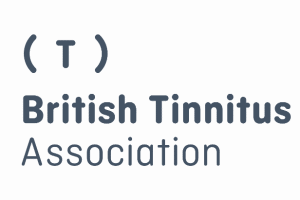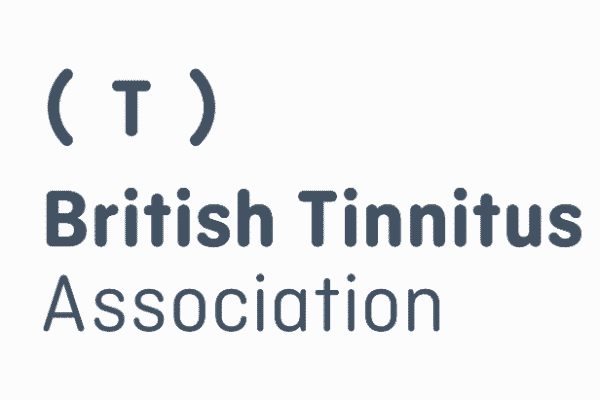 There are an estimated 800,000 people living with tinnitus in the London area, and for 80,000 the condition can seriously impact their quality of life. Some people with tinnitus may find they have greater difficulty getting off to sleep, or going back to sleep if they wake during the night.
There are an estimated 800,000 people living with tinnitus in the London area, and for 80,000 the condition can seriously impact their quality of life. Some people with tinnitus may find they have greater difficulty getting off to sleep, or going back to sleep if they wake during the night.
A research project, supported by the British Tinnitus Association, and based at the Royal National Throat, Nose and Ear hospital is currently looking for volunteers to take part. The research is looking into ways of managing tinnitus related insomnia, and will use psychological approaches to managing insomnia.
The approach to insomnia in this study does not involve the use of medicines. If you are already taking medicine to help you sleep you might still be suitable for the study if you are able to leave your medicines unchanged for the duration of the study.
To take part in the study, you will need to attend regular appointments over a six month period at the Royal National Throat, Nose and Ear Hospital in London.
If you are interested and would like to find out more, please email the research team at [email protected]
The British Tinnitus Association (BTA) is an independent charity which supports thousands of people who experience tinnitus and advises medical professionals from across the world.
The BTA is the primary source of support and information for people with tinnitus in the UK, facilitating an improved quality of life.
They aim to encourage prevention through its educational programme and to seek effective treatment for tinnitus through a medical research programme.
The support the BTA offers to over 360,000 people per year who are affected by tinnitus is reliant upon the generous donations of their supporters and fundraisers. They receive no government support and need to raise half a million pounds each year to continue their UK wide support. Donations can be made via www.justgiving.com/BTA
Not an illness or disease, tinnitus is a term that describes the sensation of hearing a noise in the absence of an external sound. The noise can have virtually any quality. Ringing, whistling, and buzzing are common, but more complex sounds may also be reported. Troublesome tinnitus can be very distressing for the affected individual, and issues may arise with sleep, concentration and mood. However, in many cases, subtle changes in people’s environment can address these issues, and improve quality of life.
The experienced team at the BTA understands the impact that tinnitus can have on the lives of those who experience tinnitus and those who live with them, so seeks to provide the most appropriate and expert advice and information free of charge – via a confidential freephone helpline on 0800 018 0527 and online at www.tinnitus.org.uk. The BTA can also post printed and audio information and advice.
BTA’s Facebook page at www.facebook.com/






